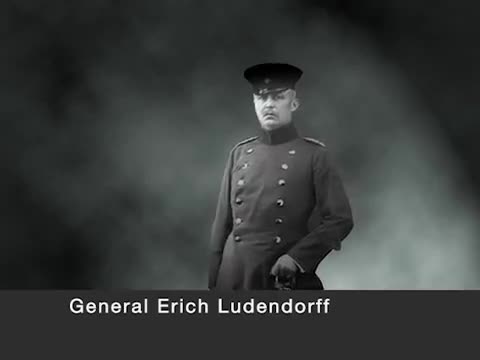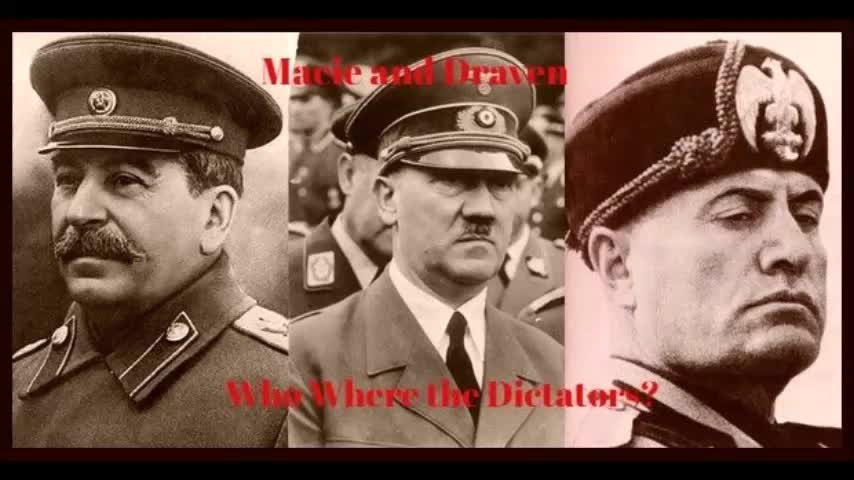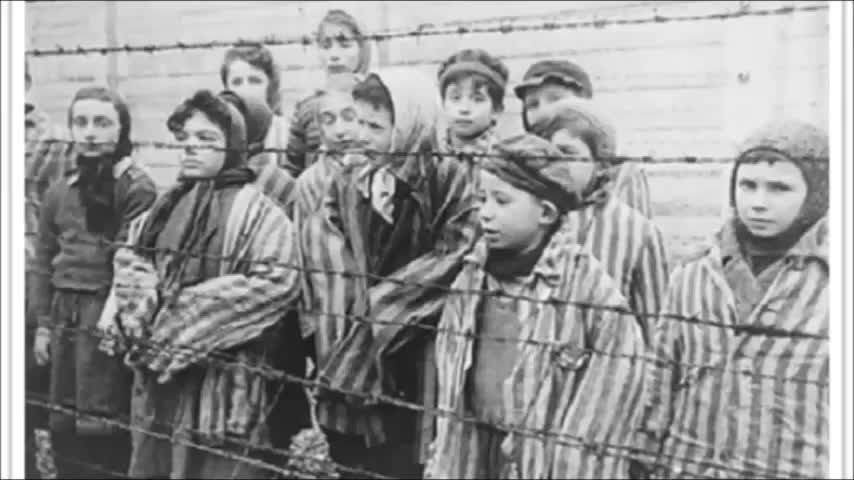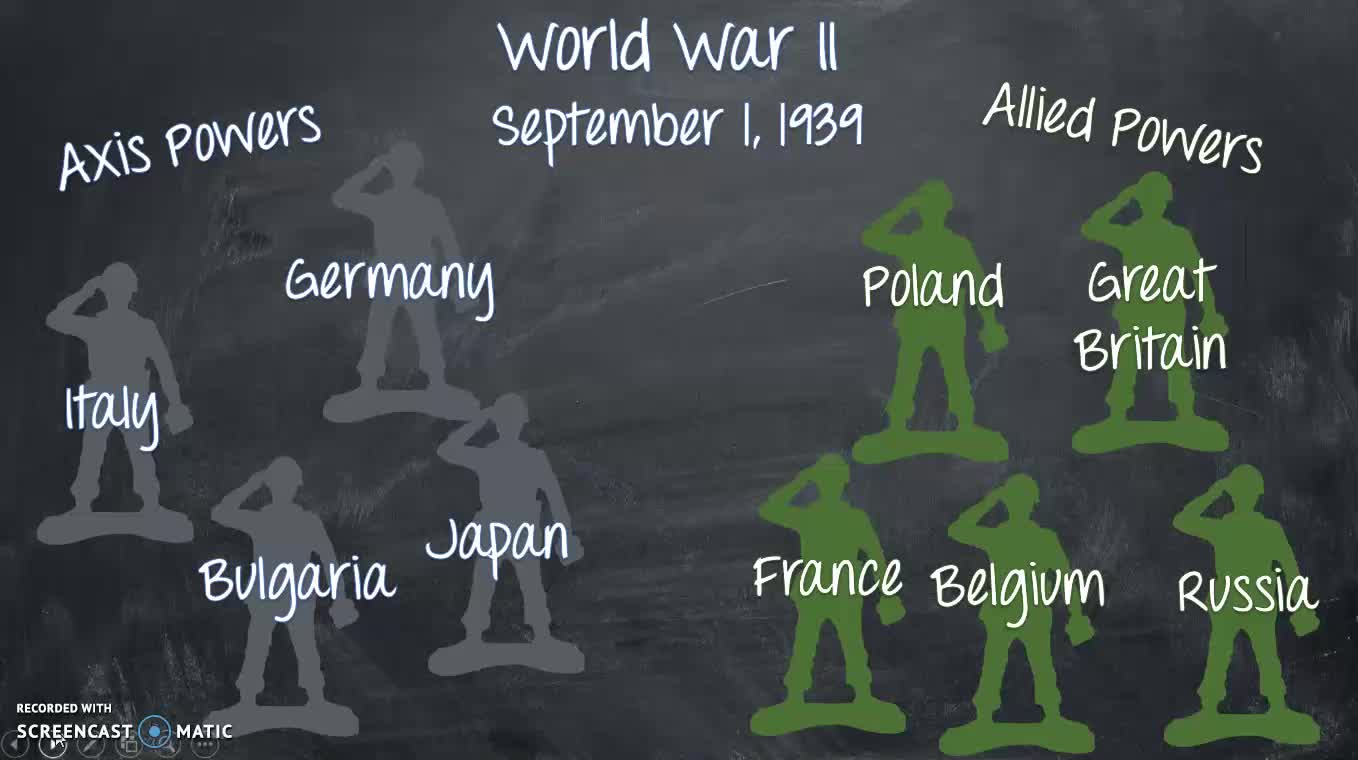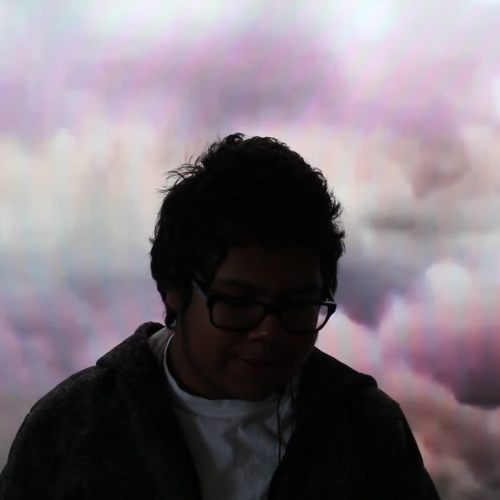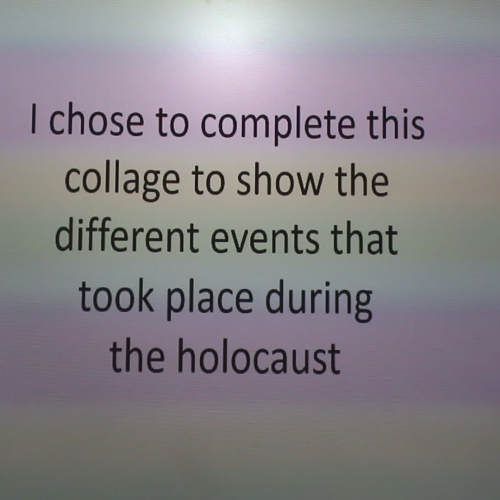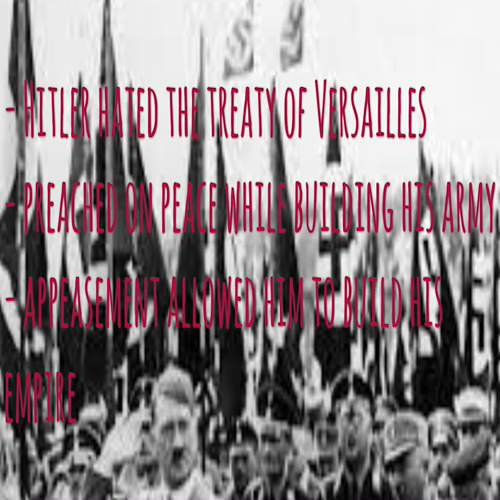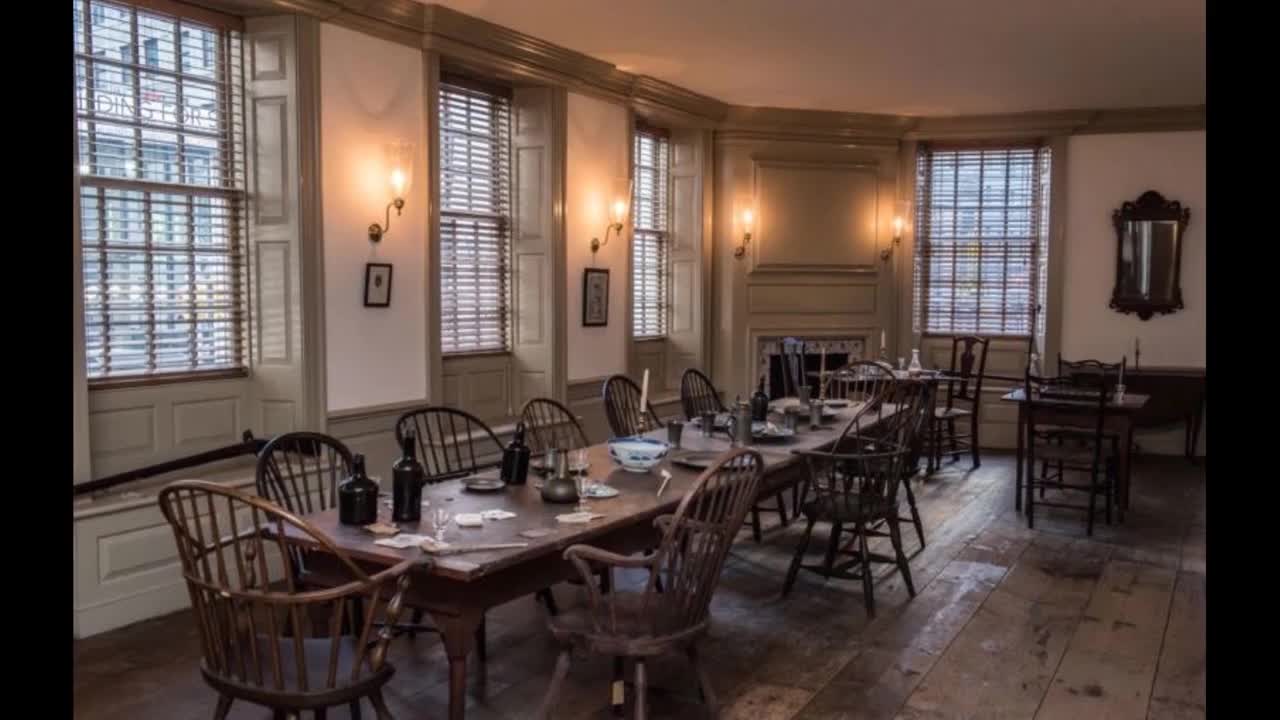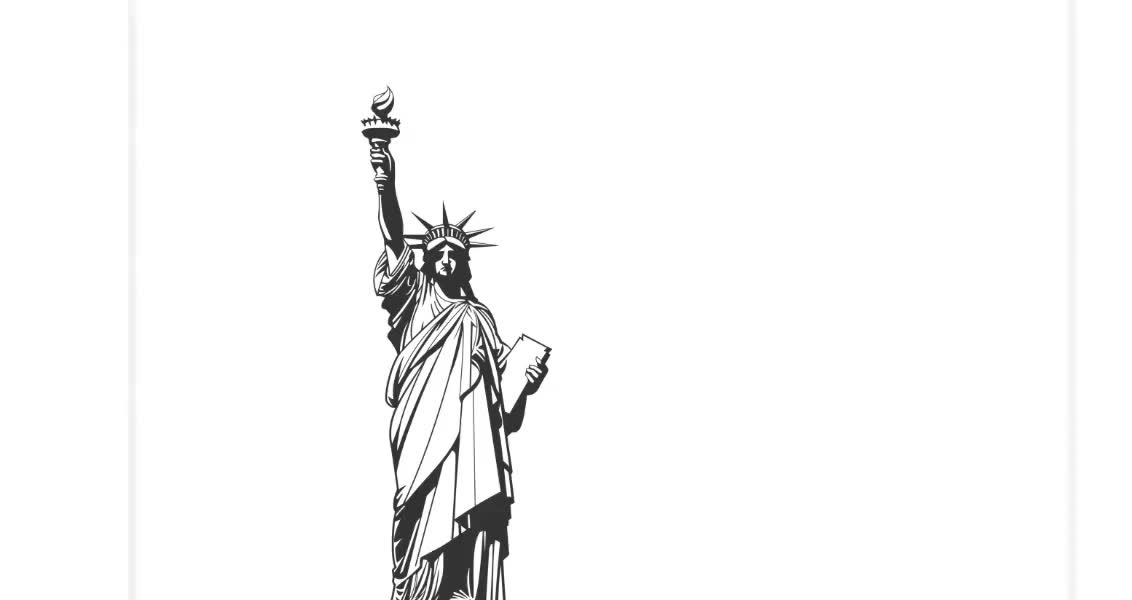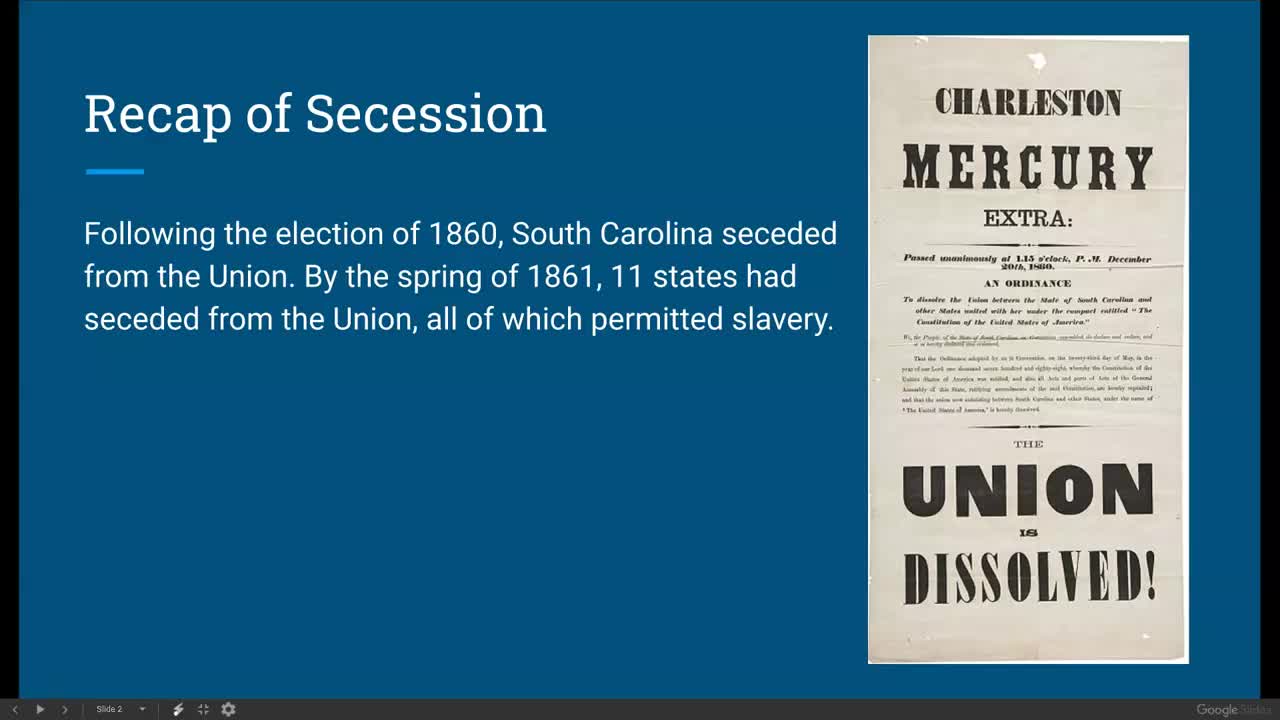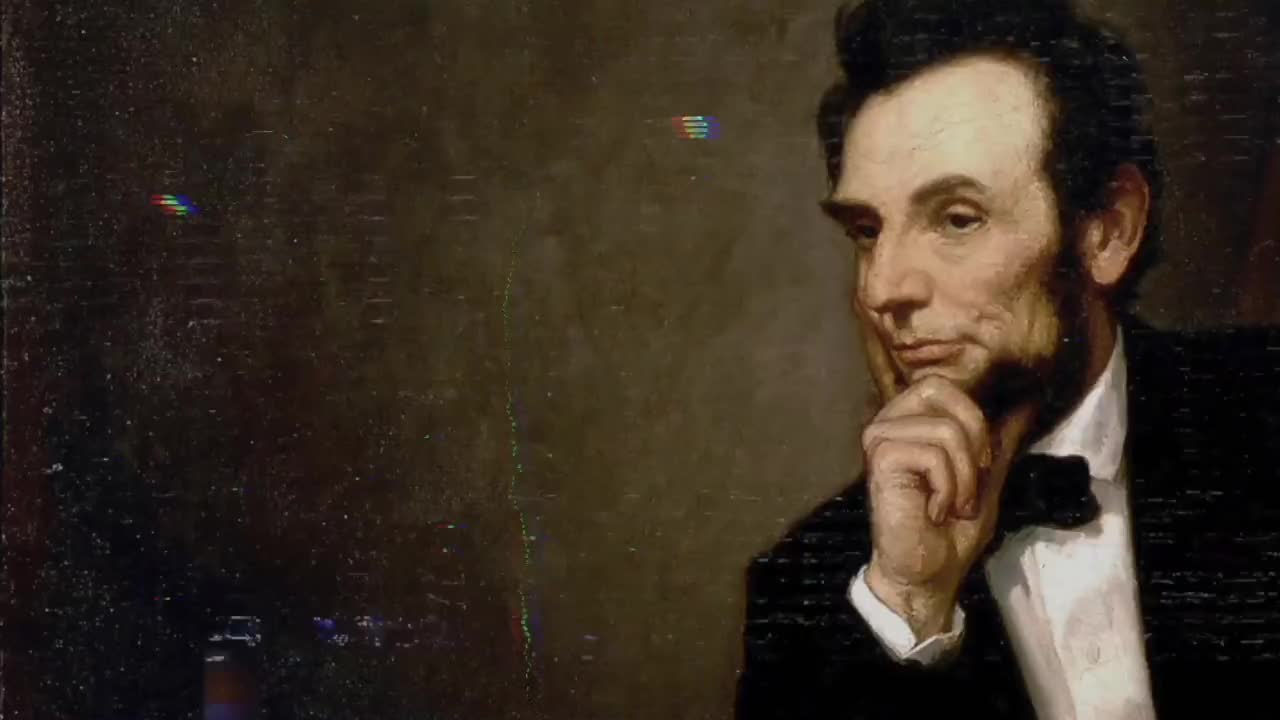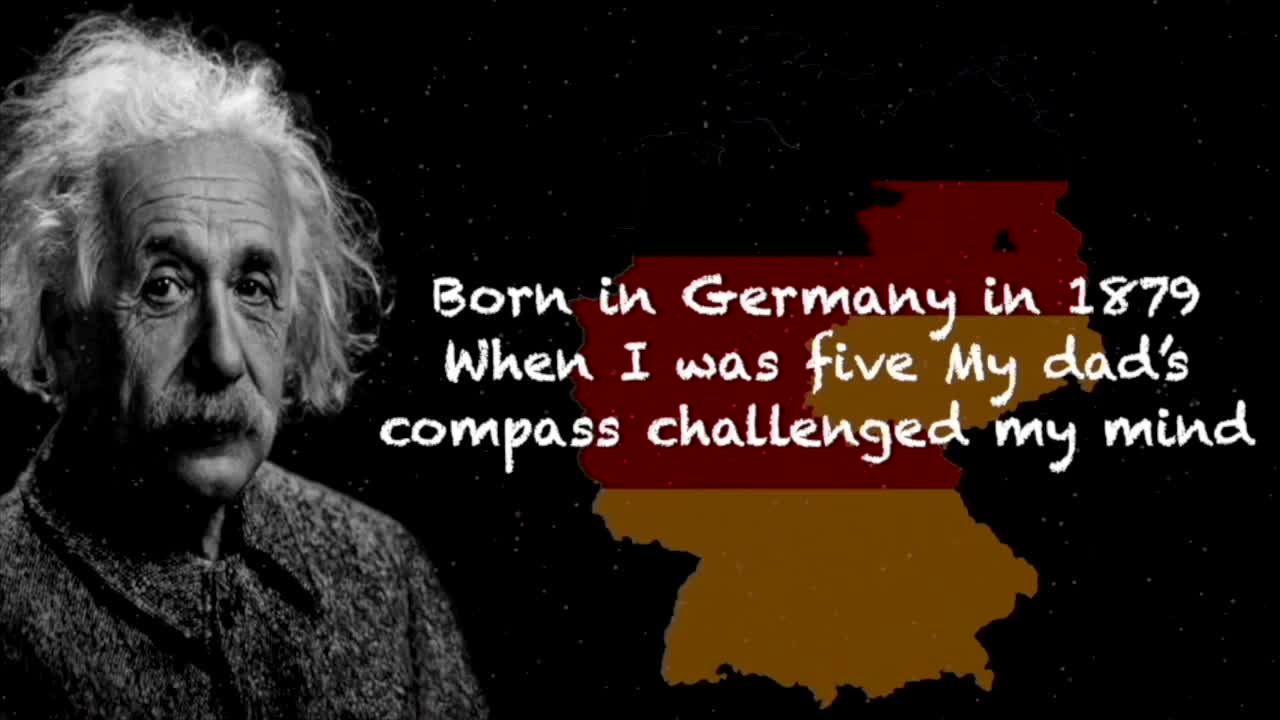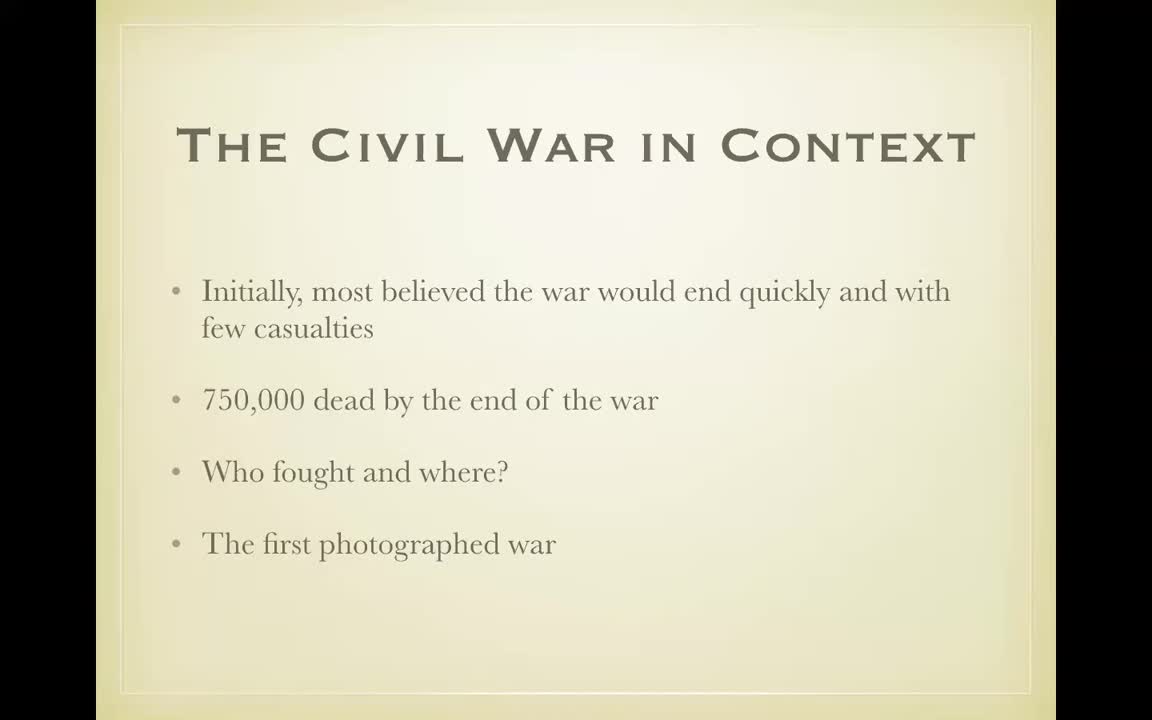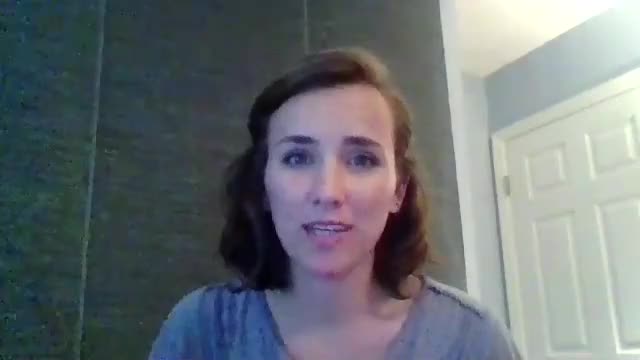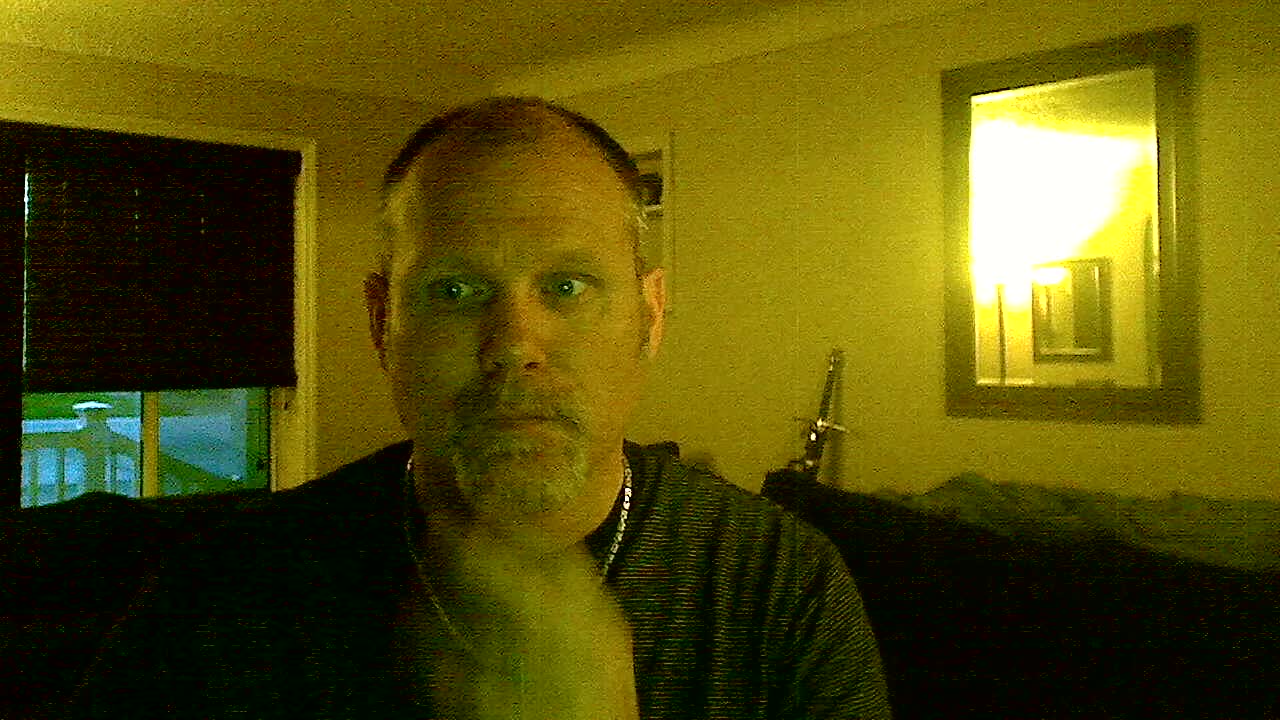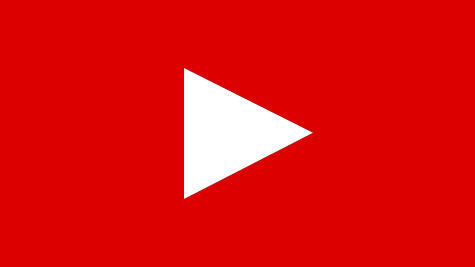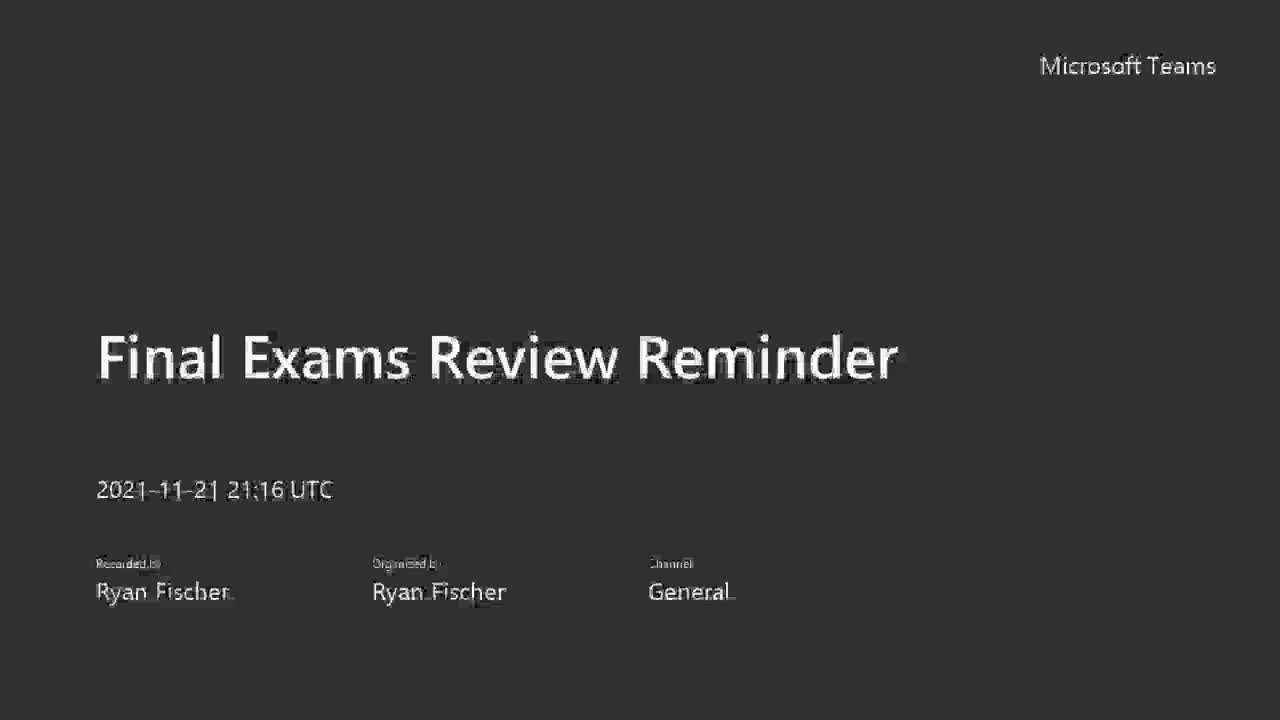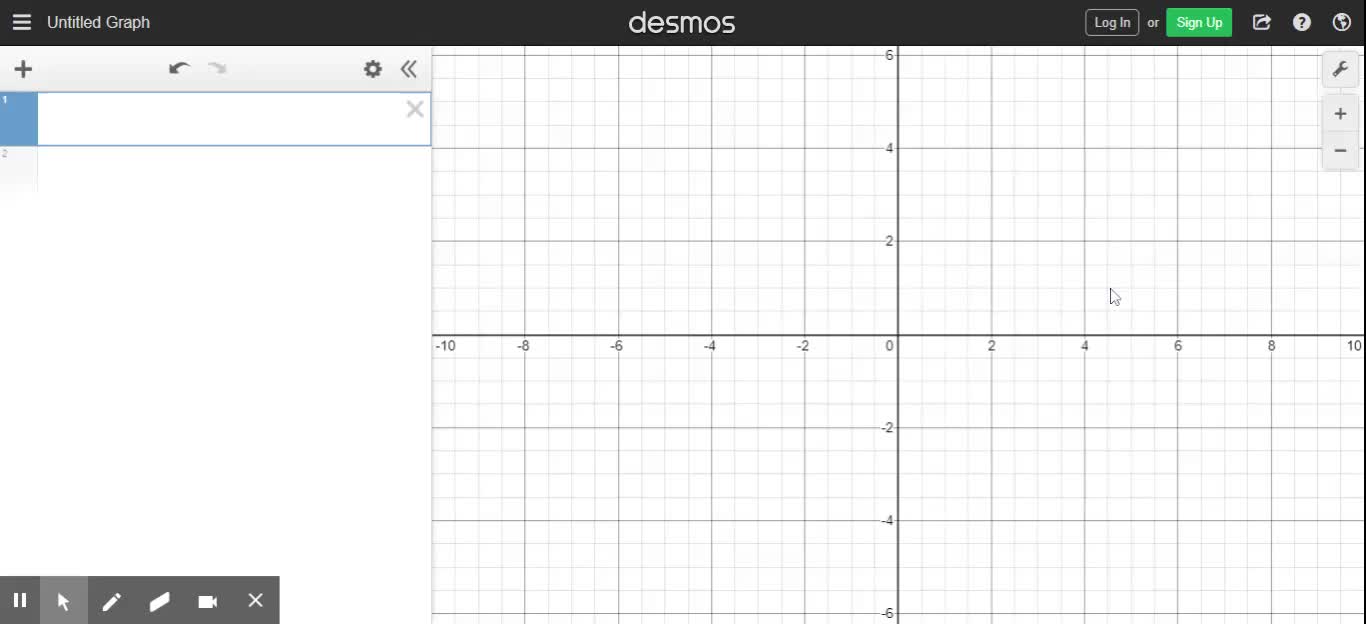MBeran WWII & Holocaust
High School / History / Holocaust
Today we start looking at the next great conflict in Europe World War II. So remember when we look at Europe as a timeline, we've got the Middle Ages, which kind of envelops feudalism, which rolls into the Black Death and the renaissance, renaissance overlaps with the exploration period where we know countries like Spain, England, France, for exploring colonizing other areas of world of the world like North and South America. In addition to other areas that we haven't talked about yet, like Africa, South Asia, a lot of exploration, which then rolls us into the industrial revolution, where you are moving from farm jobs to factory jobs, machines, becoming steam powered, and really really building up the factory industry which rolls into World War I because now you have all of these factories. That can make all of these weapons. And so World War I, let's take a brief look, remember, on June 28th, 1914, you had the archduke Ferdinand of Austria Hungary was visiting an area he was fighting over he was fighting about with Serbia. So Serbian assassin shot him and that turned his beginning World War I. So just like you have friends, Austria Hungary had friends, so Franz hopped in the fight, so Germany, Bulgaria and the Ottoman Empire, along with Austria Hungary, formed the Central Powers. And the Serbia's fringe joined in, right? Because you got to fight somebody in their friends, your friends are going to join in because again, the world's a lot like 6th grade. So you've got Serbia, Great Britain, France, Belgium, and Russia as the allied powers, and then eventually the United States jumps in as well. Okay? We know that eventually the Central Powers lost World War I. And the allied powers were the victors. And so both sides came together to sign the Treaty of Versailles, which was, as you can see at the top of this newspaper, treaty signed war over. So another Treaty of Versailles was the paint was the treaty or the agreement, the contract the promise would however you want to call it. That ended World War I. I know I'm going fast, but this is a review from a previous lesson, but we do want to remember it because, well, we'll talk about it in a second. And remember, the Treaty of Versailles blamed Germany for the war. Even though Serbia technically started it, Germany was really, really aggressive during World War I. Kind of used the war as an excuse to take over a bunch of different areas, expand the size of their own country. And so the Treaty of Versailles and the countries that won the allied powers made Germany take a lot of blame for the war. They find them $33 billion. Called reparations, reparations is a fancy word for fine. We may know that fine is a punishment you have to pay when you do something wrong, like when you speed, you get to take it, you have to go pay a fine. You have to pay money because you did something wrong. So $33 billion. I don't know about you, but I don't have $33 billion laying around and neither did Germany. And then Germany also had to surrender the land that they, some of the land that they took over during World War I, the Treaty of Versailles made him give it back. So Germany had to take blame, they were fined $33 billion in reparations and they had to surrender the land. So then what? Right? So again, focusing on Jeremy, Jeremy's mad about this. They didn't technically even start the war, Serbia did. Sir B is on the side that one, so Germany's on the side that lost somehow Germany is going through this whole thing. So your German, you're thinking, this isn't even fair. They couldn't pay the fines. Like I said, I don't have $33 billion. I need to do Germany. Okay? And so they started running out of money when you have to pay high bills, you're running out of money. So the people of Germany were looking for a solution and looking for a leader. They were getting poorer and hungry and desperate, and that's always a bad place to be because they ended up looking towards this man. So we're going to move forward with this idea that World War I and the Treaty of Versailles and the punishment that Germany faced from the Treaty of Versailles is what led into World War II. One of my students once said, so it's really like one big war. It kind of is. It's like you had World War I and then you had halftime. And then you have World War II. So World War II starts with the end of World War I. These Germany needed somebody to blame for their problems, and so they started blaming a group of people called the Jews. If you remember from when we learned about religion, the Jews are the people who follow the religion of Judaism, it is both a religion, but also an ethnic group of people. Ethnic meaning like type of people, race of people, ethnicity. So Jeremy started blaming the Jewish people. Why? Well, historically, the Jews have had a lot of people who have blamed them for a lot of things. And then also if you were German, there were more Germans in Germany than Jewish people in Germany. So you're not going to blame the biggest group, you're going to blame a smaller group because it's easier. Again, obviously I'm not saying any of this is right. You should never make any kind of judgment or blame based on anybody that's an ethnicity about anything, right? Every person's responsible for their own behavior. But this is what was going on. They also needed a strong leader. They are getting desperate. They were getting hungry and they needed somebody to lead them out of this problem and that ended up being Adolf Hitler. Who I know many of my students have heard of before kind of goes down if you're making a list of the number one top terrible people who top ten terrible people who ever lived. A lot of people are going to put Hitler at the top of this list and we'll talk about why. So Hitler came to power and he began blaming and punishing the Jews for all of Germany's problems. Everything he was saying, you know, everything that's wrong is because of this group of people. Everything was wrong is because of this group of people. Everything that's wrong is because of this group of people. And other people started to agree with them. And so then they would spread that message. Other Germans had spread that message. Particularly a group of people called the Nazis would spread that message that everything is wrong is the fault of the Jews. And so they started rounding up the Jewish people to go into concentration camps. And that's where we start rolling into World War I. So they need somebody to blame, and they need a strong leader, Germany's mad about paying these fines, Germany is mad about giving up land and there's that last one. They wanted to get back the land therefore to give back. So they attacked Poland, their next door neighbor that they had given back to after World War I. And that leads us into World War II here on our timeline of Europe. So on September 1st, 1939, Germany attacks Poland. They want their land back. Okay. So all of a sudden, just like World War I, we've got to work again. And just like in World War I, you've got a couple of sides because everybody's in an alliance at this point. So if you're in a fight, your friends are in a fight. So we've got Germany, Italy, Japan, and Bulgaria that are going to act as the Axis powers. And Great Britain, Russia, Belgium, and France that we're going to act as the allied powers note. These are mostly the same sides as World War I. So again, like I told you one of my students said, it's really kind of is like one big war and you had a first half, which would be World War I. You had a halftime and then you had a World War II as the second half. So let's talk about it. Why wasn't dean on a stage joining their friends? Well, 'cause we were way over here. But here's what happened. Japan is the Axis powers, right? So the axis, you get kind of substitute evil, accesses the access powers of the bad guys. So Japan starts sneaking their planes, their ships across the Atlantic Ocean to the territory of Hawaii and attacks the attacks in town of Pearl Harbor in Hawaii. Because they want to use that to go over the United States and start attacking the United States. They couldn't make it all the way to the United States. But if they could make a part way to Pearl Harbor in Hawaii, they could use that base to further attack the United States and make the United States Japanese territory. So it's like Hitler was going to take over Europe, Japan was going to take over Asia and North America and that's how they wanted it to be. Fortunately, we know that they didn't take over the United States, but on December 7th, 1941, Japan attacked the United States to the United States enters the war. Yet somebody attacks us, we're going to fight back. So we join the side of the allied powers. Again, I think I've mentioned this before. Except for the whole Revolutionary War, war of 1812 things. We're pretty much always going to be on the side of a Great Britain. They call it the special relationship, it's a country we work with a lot, and so if you are never sure United States in Great Britain are always going to be allies and they're going to be the main players of the allied powers. So that's going on, right? You have these two groups that access powers and the allied powers fighting each other. And then the United States is getting involved because Japan attacked us. So we joined the allied powers. In the meantime, we need to go back to something we talked about before because you've got all of these things going on at one time. We said that Germany needed someone to blame for their problems and they were choosing to blame a group of people called the Jews. A religious group and an ethnic group. And we also know that Adolf Hitler came to power and began blaming and punishing the Jews for what was wrong by rounding them up and sending Jewish people to what are called concentration camps. So we are going to talk a little bit about what that is. This is a great time to introduce you to a word called somber. That's a new vocabulary word for you to know. Somber means kind of sad and kind of serious and I would say melancholy, but you may not know, it just kind of an empty sadness. So this next part of our lesson really is a little more somber, a little more serious, so just know that going in. Vegas rounding up the Jewish people into those concentration camps and what happened next is what we call is what is historically called the Holocaust. So Holocaust is a word. That means destroy on a masked scale, especially by fire. So you're destroying a lot by fire. And then another word you need to know is genocide, which means killing of one type. Again, those are some somber vocabulary words. So Holocaust means destroy on a mass scale by fire, genocide means killing one type of people. So why am I telling you that? Well, because Hitler began blaming and punishing the Jews. And you can say he started eliminating the Jews. And really, when you want to get down to it, he started murdering the Jews. He picked this one group of people, so to kill genocide, and to destroy on a mass scale on a large scale so that would be a Holocaust. So that happened in a lot of ways, but primarily through concentration camps. And it wasn't only the Jewish people, although that was the largest target group, it was also gypsies. Anybody who was an opponent of Hitler's, he started rounding up in some of these concentration camps, and over 12 million people ended up dying in Hitler concentration camps or Nazi concentration camps. That's kind of what his group was called were the Nazi. So what would end up happening is he would use his Nazi army to round out ground up groups of people send them to these camps and you were sorted, you either were able to work. And so they put you in a slave labor or you were not able to work and you were immediately murdered by some really gruesome methods. We'll learn a little bit more about that later. We're not going to learn about all of them. But I mean, that was it. You got on a train and your life for many, many people in your life was essentially over. For some for some people going to these concentration camps, the trains would drop them off, and they wouldn't even get sorted. They would just all be killed. So over 12 million people, including over 6 million Jewish people died in Hitler and Nazi concentration camps to commit this Holocaust. This destroying, to commit this genocide he was particularly trying to kill one type of person, which would be the Jewish people. So this is a map, and you can see this yellow rectangle said solid squares represent select camps, not all camps can be shown. So every single square on this map represents a concentration camp. So you'll see that in the yellow square yellow rectangle it says the solid squares represent select camps. And that all camps can't even be shown that every single square on this map is a concentration camp. That represents millions and millions of people who were sent to experience some horrible things. And some people did survive, so though we know the over 12 million people were killed, there were also people that did survive, so we're talking millions and millions of people at these different camps. So through the fighting, the Axis powers end up losing power and the ally powers win. And so the World War II ends in 1945 with millions of soldiers wounded worldwide. War refugees all over Europe going back home, millions of Jews and others were killed and the creation of Israel as a modern country. As we're going to talk about this for a quick second, it was a refuge for the Jewish people refuge meaning safe place. I know we're familiar with safe places here at color. So they made a plan called a partition plan, and you'll notice it has the word part. That said, hey, we're going to take this land of Palestine and we're going to split it apart. So in 1946, the green was the Palestine area and the white was where the Jewish people typically live. And we're going to split it apart between Palestine and Israel. And why? Well, because the world wanted to have a safe place for the Jewish people after World War after World War II, the Jewish people had been persecuted all over Europe. They had been rounded up. They'd been killed. They had attempted to be just a complete genocide and wiping out. So the role was like, we'll give you a safe place for safety and apology after the Holocaust. But there's a problem with that. Israel was given land that belonged to somebody else. We didn't give them part of the United States. We gave them Palestine. Which belonged to somebody else already. And so we're going to see how that develops when we study the Middle East unit. But Israel was created initially to be a safe place for the Jewish people. After World War II
We go to the Black Death and then Renaissance.
Renaissance overlap with the Exploration period were we know countries like Spain and England exploring and colonizing other areas of the world like North and South America.
In addition to other areas that we have not talked about yet, we have Africa, South Asia. A lot of it croatian which then led to the Industrial Revolution were you are leading from farm jobs, factory jobs, machines, steel power, and really building up the factory industry which rolls us into World War I. Now you have all these factories, that could make all of these weapons.
And so World War I, let?s see if you can remember, on June 28, 1914, you have the Arch Duke Ferdinand of Austria Hungary was visiting an area he was fighting about with Serbia. So a Serbian Assassin shot him, and then began World War I.
So it was like, you have friends, Austria - Hungary have friends, so their friends hop in the fight.
So Germany, Bulgaria, Ottoman Empire along with Austria-Hungary Central Powers.
And so Serbia?s friends joined in. You?ve got to fight somebody with their friends, your friends should join in.
So you got Serbia, Great Britain, France, Belgium and Russia at the Allied Powers. And then eventually United States jumped in, as well. We know that the Central Powers lost World War I.
And the Allied Powers were the victors. And so both sides came together to sign the Treaty of Versailles.
Which was, as you can see in this newspaper, ?Treaty signed; War Over? So the Treaty of Versailles was the contract that ended World War I. And remember, the Treaty of Versailles blamed Germany for the War. Even though Serbia really started it, Germany was really aggressive. They kind of used the war to take over a bunch of different areas to expand besides their own country.
And so the Treaty of Versailles, and the country that won, made Germany take a lot of blame for the war.
They fined them $33 Billion dollars for reparations.
Reparations are treaty words for fine. We may know that fine is a punishment if you did something wrong.
Germany also had to surrender the land that they took over. The Treaty of Versailles made sure of that.
So then what?
Germany was mad about this. They didn?t technically start the war, Serbia did. Serbia was on the side that won. Germany was on the side that lost. So the Germans were thinking this was not fair. They couldn?t event pay the fines.
I don?t have $33 Billion and neither did Germany.
And so they started running out of money and they had to pay high bills. So the people of Germany were looking for a solution and a leader. They were poor, with high bills, and that is always a bad place to be.
They ended up looking towards this man.
So we are going to move past this idea that World War I and the Treaty of Versailles and the punishment that Germany faced from the Treaty of Versailles is what led into World War II.
One of my students said, ?So it?s really like, one BIG war.?
It kind of is. It?s like you have World War I, and then you have a half time, and then you have World War II.
So World War II started within World War I. They need somebody to blame for their problem so they started blaming a group of people called the Jews.
If you remember from when we learned about religion, the Jews are the people who follow the religion called Judaism. It is both a religion and also an ethnic group of people.
Ethnic meaning like race people. Ethnicity.
So Germany started blaming the Jews people. Why?
The Jews had a lot of people who blamed them for things. And also, if you were German, there were more Germans in Germany than Jews people in Germany. So you are not going to blame the biggest group. You are going to blame the smallest group because it?s easier.
Again, I?m not saying that any of these is right. You should never blame anybody on anything based on ethnicity. Every person is responsible for their own behaviour. But this was what was going on.
And they also needed a strong leader. They were desperate. They were hungry. And they needed a leader who could get them out of this problem. And that ended up to be Adolf Hitler, who I know, many of my students have hear before, kind of goes down, if you are making a list of the number one top terrible people whoever lived, a lot of people would put Hitler on the top of their list. We will talk about why.
So, Hitler came into power and he began blaming and punishing the Jews for all of Germany?s problems.
He kept on saying, ?Everything was wrong because of these group of people! Everything was wrong because of these group of people! Everything was wrong because of these group of people!?
And other people started to agree with him.
And so the name would spread that message.
Other Germans would spread that message particularly a group of people called the Nazis.
They would spread that message that everyone that?s wrong was the fault of the Jews.
And they started rounding up the people and the Jews would go into concentration camps. And that?s where we start rolling into World War I. So they need somebody to blame, they need a strong leader, Germany is mad about having to pay these fines.
Germany is mad about giving up lands.
Germany wanted to get back land but they are forced to give back. So they attacked Poland. Their next door neighbor, that they had given back to after World War I.
And that leads us to World War II here in our timeline of Europe.
So in September 1st, 1939, Germany attacks Poland. They wanted their land back.
So all of a sudden, just like World War I, we have got a war again. Just like World War I, we have got a lot of sides, because everyone was just in a alliance at this point. So when you?re on a fight, you?re friends are on a fight.
So we have Germany, Bulgaria, Italy and Japan. They were going to act as the Axis Powers.
And Great Britain, France, Belgium and Russia. They are going to act as the Allied Powers.
Note, these are mostly the same sides as World War I.
So again, it?s like one Big War. you have a first half, which is World War I, and you have a half time, and you have a World War II.
So let?s talk about it, why wasn?t the United States joining their friends. Well, because we were over here.
But here?s what happened.
Japan is the Axis Powers. The Axis Powers are the bad guys. So Japan starts sneaking their ships and planes across the Atlantic Ocean to the territory of Hawaii and attacks the town of Pearl Harbor. They wanted to use that to go over the United States and started attacking the United States.
They couldn?t make all the way the United States. But they could make a partway to Pearl Harbor in Hawaii. They could use that base to further attack the United States, and make United States Japanese Territory. So it was, Hitler was going to attack Europe. Japan was going to attack Asia and North America. And that?s how they wanted it to be.
Fortunately, we know they didn?t take over United States.
But on December 7, 1941, Japan attacks the United States, so the United States enters the war.
Somebody fights us, we were going to attack. So we joined sides with the Allied Powers.
Again, I think I mentioned this before, except for the whole revolutionary war, war of the 1812 things, we?re pretty much always on the side of Great Britain. They call it a special relationship. It?s a country we worked with a lot.
And so, if you are unsure, United States and Great Britain are always going to be allied and they are going to be part of the Allied Powers. So that?s how it goes, right?
You have these two groups, the Axis Powers and the Allied Powers fighting each other.
And the United States is getting involved because Japan attacked us and so we joined the Allied Powers.
In the meantime, we need to go back to something we talked about before, because you have got all these things going on at the same time. We said that Germany were needing to blame somebody for their problems and they were choosing to blame a group of people called the Jews, a religious and ethnic group.
And we also know that Adolf Hitler came to power and began blaming and punishing the Jews for what was wrong by rounding them up and sending the Jews to what are called concentration camps. So we are going to talk about what that is. This is a great time to introduce you to a word called, ?Somber?. That?s a new vocabulary of word for you to know. Somber means kind of sad and kind of serious. A melancholy but you may not know. It?s kind of an empty sadness. So this next part of is a little more somber, a little more serious. Just know that going in.
Because rounding up the Jewish people and putting them in concentration camps is what?s historically called the Holocaust. Holocaust is a word that means to destroy on a mass scale, especially by fire. So you are destroying a lot by fire.
And another word you also need to know is Genocide, which means killing of one type.
Again, all of these are somber vocabulary words.
So Hitler began blaming and punishing the Jews. And you could say, he started eliminating the Jews.
And really, when you want to get down to it, he started murdering the Jews.
He picked this one group of people to kill, genocide, and to destroy on a mass scale, so that would be a Holocaust.
So that happened in a lot of ways but primarily through concentration camps.
And it wasn?t only the Jewish people, although that was the largest group, it was also Gypsies. Anybody who was an opponent of Hitler, he started rounding up on these concentration camps.
And over 12 million dies in Hitler or Nazi concentration camps. His group was called the Nazi.
So what end up happening was that he would use his army to round up these group of people, send them to camps, and you were sorted. You either were able to work, so they put you in a slave labor. Or you were not able to work, and so you were immediately murdered by some really gruesome methods. We will learn a little more about that later. So that was it. You get on a train and your life is essentially over. For some of these people going to these concentration camps, the trains would drop them off, and they wouldn?t even be sorted, they would all be killed.
So over 12 million people. Including 6 million Jewish people, died in Hitler or Nazi concentration camps.
To commit this genocide, he was particularly killing one type of people which was the Jews people.
So this is the map and you can see this yellow rectangle saying ?Solid squares represent select camps. Because of map scale, not all camps can be shown or labeled.?
So every single square on this map represents a concentration camp. So you?ll see in the yellow rectangle you can see, ?Solid squares represent select camps.?
That represents millions and millions of people who were sent to experience some very horrible things.
And some people did survive. So we know over 12 million people were killed, there were also some people that did survive. So we are talking about millions and millions of people at these different camps. And so through the fighting, the Axis Powers end up losing powers, and the Allied Powers win.
And so World War II ended in 1945 with millions of soldiers wounded worldwide.
War refugees all over Europe going back home.
Millions of Jews and others were killed.
And the creation of Israel as a modern country refuge for the Jewish people.
So we are talking about this for a quick second, it was a refuge for the Jewish people. Refuge meaning ?Safe Place.
And so they made a plan. The UN Partition Plan. And they said hey we are going to take this land of Palestine and we are going to split it apart. So in 1946, the green was the Palestine area, and the white was where the Jewish people typically lived.
And we are going to split it apart between Palestine and Israel. And why?
Because the world wanted a Safe Place for the Jewish people after World War II.
The Jewish people have been persecuted all over Europe. They have been rounded up, then killed. They had been attempted to be a genocide complete wiping out.
So the world was like, ?We will give you a safe place. For safety and apology after the Holocaust.?
But there was a problem with that.
Israel was given land that already belonged to someone else. We didn?t give them part of the United States. We gave the Palestine which belonged to somebody else already. And so we are going to see how that develops when we study the Middle East unit. But Israel was created initially to be a safe place for the Jewish people after World War II.
